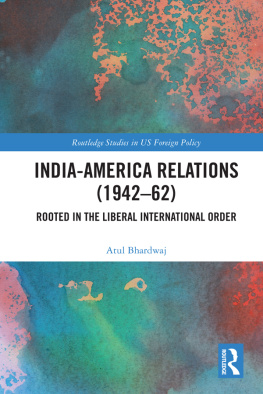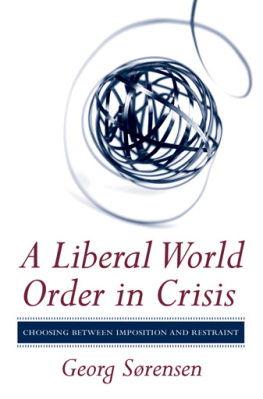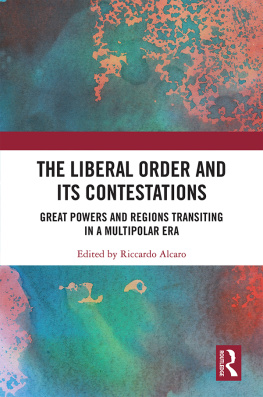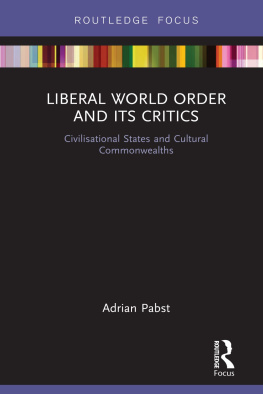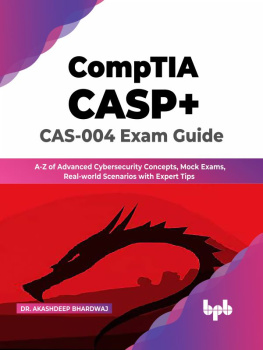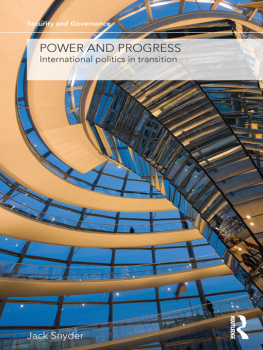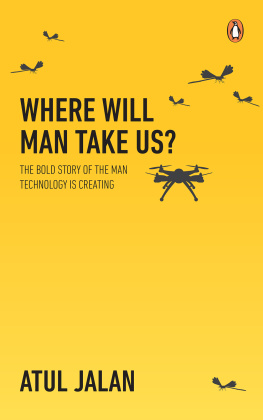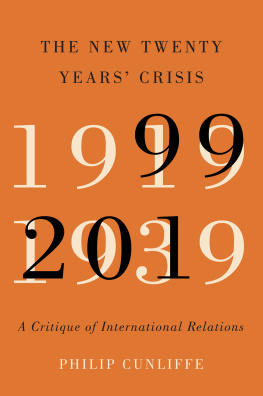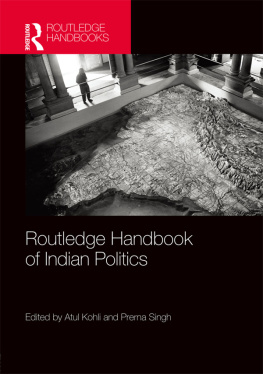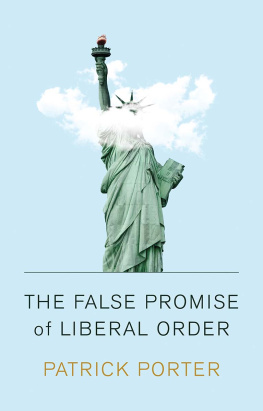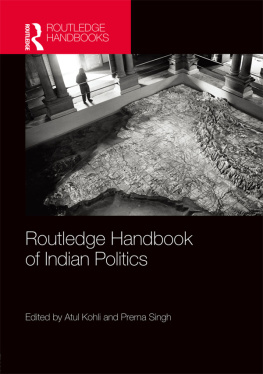India-America Relations (194262)
Examining India-America relations between 194262, this book reconsiders the role of America in shaping the imagination of postcolonial India. It rejects a conventional orthodoxy that assigns a limited role to America and challenges narratives which neglect the natural asymmetries and focus on discord and differences to define India-America relations.
Integrating the security, political and economic elements of the Indo-American relationship, it presents a synthesis of Indias encounter with the post-war hegemon and looks at the military, economic and political involvement of America during the transfer of power from Britain to India. Bhardwaj delves into the role of American non-government agencies and examines the anti-communist ideological linkages that the Indian political class developed with America, the influence of this bonding and the role of American ideas, experts, funds, international relations and strategy in shaping Indias social, economic and educational institutions. Analysing Indias non-alignment policy and its linkages to American policy on the non-communist neutrals, it argues that Indias movement towards the Soviet Union and away from China in the mid-1950s was in tune with the American strategy to cause the Sino-Soviet split.
The book presents a fresh perspective based on authentic records and adds a new dimension to the understanding of modern Indian history and Indo-American relations. It will appeal to scholars and students of Indian and American history, international relations and strategy.
Atul Bhardwaj is a strategic affairs and international affairs analyst. He writes a regular column on strategy in Economic and Political Weekly. He is currently an Adjunct Fellow with the Institute of Chinese Studies (ICS), New Delhi. He has a Ph.D. in history from Ambedkar University, Delhi. He is a former Indian Navy officer, holds a graduate degree from National Defence Academy (NDA) Pune and a masters degree in war studies from Kings College, London. He has been a Senior Fellow, Indian Council of Social Science Research and Research Fellow at the Institute of Defence Studies and Analyses New Delhi.
Routledge Studies in US Foreign Policy
Edited by Inderjeet Parmar
City University
John Dumbrell
University of Durham
This new series sets out to publish high-quality works by leading and emerging scholars critically engaging with United States Foreign Policy. The series welcomes a variety of approaches to the subject and draws on scholarship from international relations, security studies, international political economy, foreign policy analysis and contemporary international history.
Subjects covered include the role of administrations and institutions, the media, think tanks, ideologues and intellectuals, elites, transnational corporations, public opinion, and pressure groups in shaping foreign policy, US relations with individual nations, with global regions and global institutions and Americas evolving strategic and military policies.
The series aims to provide a range of books from individual research monographs and edited collections to textbooks and supplemental reading for scholars, researchers, policy analysts and students.
Eleanor Roosevelt
Palestine, Israel and Human Rights
Geraldine Kidd
US Foreign Policy in the Middle East
From American Missionaries to the Islamic State
Edited by Geoffrey Gresh and Tugrul Keskin
The United States, India and the Global Nuclear Order
Narrative Identity and Representation
Tanvi Pate
India-America Relations (194262)
Rooted in the Liberal International Order
Atul Bhardwaj
Ideologies of American Foreign Policy
John Callaghan, Brendon OConnor and Mark Phythian
For more information about this series, please visit: www.routledge.com/series/RSUSFP
India-America Relations (194262)
Rooted in the Liberal International Order
Atul Bhardwaj
First published 2019
by Routledge
2 Park Square, Milton Park, Abingdon, Oxon OX14 4RN
and by Routledge
52 Vanderbilt Avenue, New York, NY 10017
Routledge is an imprint of the Taylor & Francis Group, an informa business
2019 Atul Bhardwaj
The right of Atul Bhardwaj to be identified as author of this work has been asserted by him in accordance with sections 77 and 78 of the Copyright, Designs and Patents Act 1988.
All rights reserved. No part of this book may be reprinted or reproduced or utilised in any form or by any electronic, mechanical, or other means, now known or hereafter invented, including photocopying and recording, or in any information storage or retrieval system, without permission in writing from the publishers.
Trademark notice: Product or corporate names may be trademarks or registered trademarks, and are used only for identification and explanation without intent to infringe.
British Library Cataloguing-in-Publication Data
A catalogue record for this book is available from the British Library
Library of Congress Cataloging-in-Publication Data
A catalog record has been requested for this book
ISBN: 978-0-8153-9404-4 (hbk)
ISBN: 978-1-351-18683-4 (ebk)
Typeset in Times New Roman
by Apex CoVantage, LLC
For my parents, Raksha and Gopal
Contents
It gives me a tremendous sense of satisfaction to express my debt of gratitude to all those who facilitated my voyage into the world of historical research to reach my first academic milestone. The quest for this book began with my essay Why was Krishna Menon the fall guy of the 1962 war? written more than six years ago. Preliminary research revealed that the war was more than a bilateral boundary dispute; it was rooted as much in Indias domestic politics as it was in the American Cold War strategy. This led me to examine the American role in postcolonial India, which demanded further inquiry into the genesis of a relationship that gathered momentum during the Second World War. As my thoughts on the subject started taking coherent shape, I enrolled for a PhD degree at the Ambedkar University Delhi and set course for serious archival work. The journey not only culminated with the award of a doctorate but also gave shape to this book.
I express my heartfelt gratitude to Prof. John Dumbrell and Prof. Inderjeet Parmar for considering my work worthy of publication. My special debt of gratitude is reserved for Prof. Parmar, whose book Foundations of the American Century: The Ford, Carnegie, and Rockefeller Foundations in the Rise of American Power was a source of inspiration. It helped me structure my argument in the chapter dealing with American philanthropic foundations penetration of India. He has been my most consistent mentor in this endeavour which challenges entrenched orthodoxies in the understanding of American presence in India. Without his timely interventions, it would have been near impossible to complete this book.
I am grateful to my supervisor, Prof. Salil Mishra, for improving my writing skills by his consistent focus on factual accuracy and simplicity. I would also like to express my thanks to Prof. Denys Leighton, Dhiraj Kumar and all other faculty members of the history department of the School of Liberal Studies at Ambedkar University who encouraged me during my various interactions with them.


